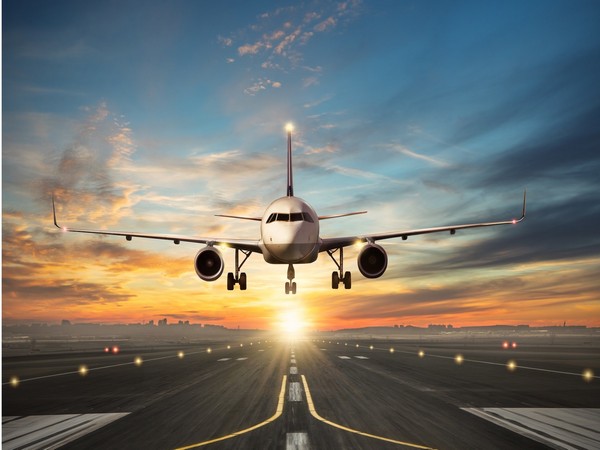Aviation Secretary Urges India to Consider TSA-style Security Measures at Airports
The Ministry of Civil Aviation (MoCA) Secretary, Rajiv Bansal, has proposed the formation of a specialized force similar to the United States Transportation Security Administration (TSA) to strengthen aviation security in India. Bansal has sought the opinions of aviation stakeholders in India on how to establish US-like security measures in the country, given the rapid growth of the aviation industry and the associated challenges.
Ministry of Civil Aviation

Bansal cited two incidents, the Kanishka crash and the 9/11 attack in the US, as reasons why India should consider adopting the TSA model. He emphasized that the aviation industry in India is growing rapidly, and security measures need to be in place to address potential threats. He believes that the establishment of a specialized force like the TSA is necessary to ensure that the security of Indian airports is adequate.
The Transportation Security Administration (TSA) is responsible for developing security measures for various modes of transportation in the United States, including highways, railroads, buses, mass transit systems, enrollment pipelines, and intermodal freight facilities. Although the agency oversees multiple forms of transportation, its primary focus is on airport security and preventing aircraft hijacking.
During a speech, Secretary Rajiv Bansal invited the audience, which included past and present Directors-General, to share their thoughts and suggestions. He also expressed his willingness to consider any input from the intellectual manpower present.
Professional Security Agencies
Currently, India has two professional security agencies responsible for airport security: the Central Industries Security Forces (CISF) and the Bureau of Civil Aviation Security (BCAS), both of which report to the Home Ministry. However, several other agencies also handle transportation safety and security. The Indian government intends to unify all of these agencies into one. Customs, immigration, and the Directorate General of Civil Aviation (DGCA) are among the other agencies involved in aviation safety, security, and policy.
Furthermore, the government is taking steps to enhance airport security measures to keep up with the aggressive growth in the number of airports in the country. “We currently have 148 airports, and we aim to increase this number to around 220 in the next three years, including the smallest regional airports up to the largest in Delhi. It is crucial to have a seamless security system,” said Rajiv Bansal. He further added that the Central Industrial Security Force (CISF) has already deployed security personnel at 66 out of the 148 airports.
On the occasion of the Bureau of Civil Aviation Security (BCAS) raising day on April 27, Zulfiqar Hasan, the Director General of BCAS, stated that despite modern threats in aviation, they are making every effort to prevent hijackings. “No hijacking has occurred in India in the 21st century, and there have been no major incidents in Indian aviation. However, many such incidents have happened in the rest of the world,” he added.
Also Read: Indian Aviation News
Private & Non-scheduled Charter operators in India
Go through, the Mall of Aviation
For the best HELIPAD CONSULTANCY



